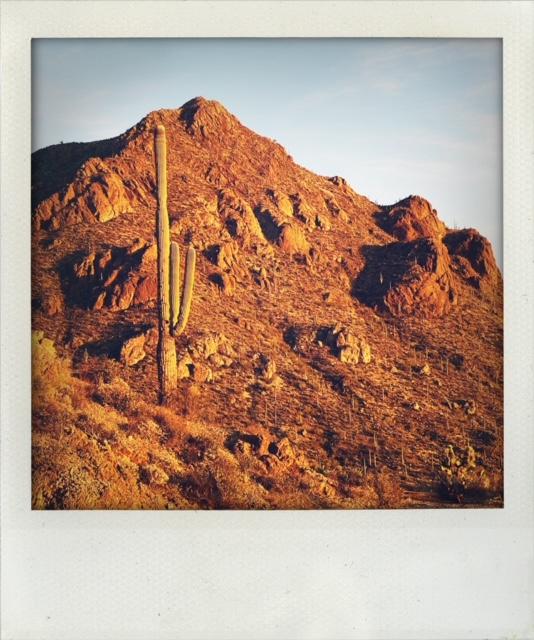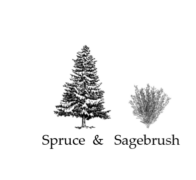We had just returned from a spring escape to the desert. Driven by our late-winter hunger for warmth and red rocks, we headed south until we saw saguaros, stopping less than 60 miles from Mexico to spend the week ambling along sandstone ledges and over dirt pathways in search of blooming cactus and scampery lizards. By the time we got back home Sunday evening, I was sunburnt and satiated, tired in that sunkissed kind of way from wanderlusting aimlessly. I had been emptied out and filled up.
Monday morning, though, when I plug in, I realize something seismic happened while I was puttering about in the desert: Actor Will Smith slapped comedian Chris Rock at the Oscars for making a joke about Smith’s wife, Jada Pinkett Smith. The story is everywhere online, and at first I wonder if I am missing something. Not that the on-stage assault is insignificant, but the story has the omnipresence of a much larger event, say the invasion of a country or California falling into the ocean. And it lingers. For days. Everyone seems to have an opinion on this event, except me. What I do have an opinion on is how much attention this is getting. My daughter and I talk about how everyone online is talking about the slap. We even talk about how we don’t want to talk about it.
“It’s a hot commodity in the attention economy,” I said.
“Ya, I guess so. But what does that mean, exactly?” asks the girl who has grown up with entertainment on demand.
“Well, the definition of attention is literally what we stretch toward, what we focus our mind and our senses on, whether we do it consciously or mindlessly. By extension, where we put our attention is where we put our time, our energy and, often, our money. On the Internet, at least, attention is what everyone is trying to get, because usually the money will follow.”
In an era where there is constant competition for our attention, how much agency do most people take when they choose what they will notice and what they won’t?
In the same week where Will and Chris are everywhere, I see no stories of the spring trees that stand bare before us like silent sprinters at a starting line waiting for the sun’s signal to burst their buds. I don’t read any posts about how the gentle exhale of winter’s end smells like a perfect cocktail of cold snow and warming earth as it whispers a promise that a new season is on the way. I can’t remember one news update that the birds are back in town and sharing winter vacation stories of warmer places while they sit with fluffed feathers under a late season snowfall, wondering if they came back too soon. There might have been something about the first day of spring and even the word “equinox” because my coworker mentions that she learned about equinoxes and solstices–the words and their meanings–from children’s books she read to her daughter: “Who knew that was a thing?” she asks.
I knew spring and fall, sure, but I don’t remember hearing the words “solstice” or “equinox” until I moved to the Colorado wilderness where I found people who attended to such things with the reverence of Christmas. Through my lifestyle and their community, the seasons and weather became–and still are–a large part of my life, because I try to spend a good bit of my time outside where there is no endless scroll of people’s opinions.
However, The outside and its events don’t matter much if your time is spent indoors attending to manufactured entertainment. The day becomes all clock and no season, with hour after hour spent managing stuff, tending homes and watching other people’s lives. Inside there is no breeze to carry the scent of the coming rain or velvety cold touch of new fallen snow.
Outside, however, is a tough sell these days, even though it is free–no subscription required–and you can enjoy entire ecosystems, not only to watch, but to touch, smell, feel, and even taste. In jail, people are punished by losing access to the outside, yet more and more we just give it away all on our own. We trade feeling the sun on our skin or hearing the whir of a birds’ wings to finding out what the world thinks about something that happened between people we don’t even know. If we do pay our attention to the natural world, though, it offers endless dividends. We may see a saguaro sprout its first flower of spring- a bloom that lasts only a day–or hear a robin sing to greet the now earlier dawn or smell the scent of warm earth rising to mix with the snow scented air.
It’s called paying attention because, like spending time and money, it requires us to give away something we have, so be sure you are getting what you want because all sales are final.

